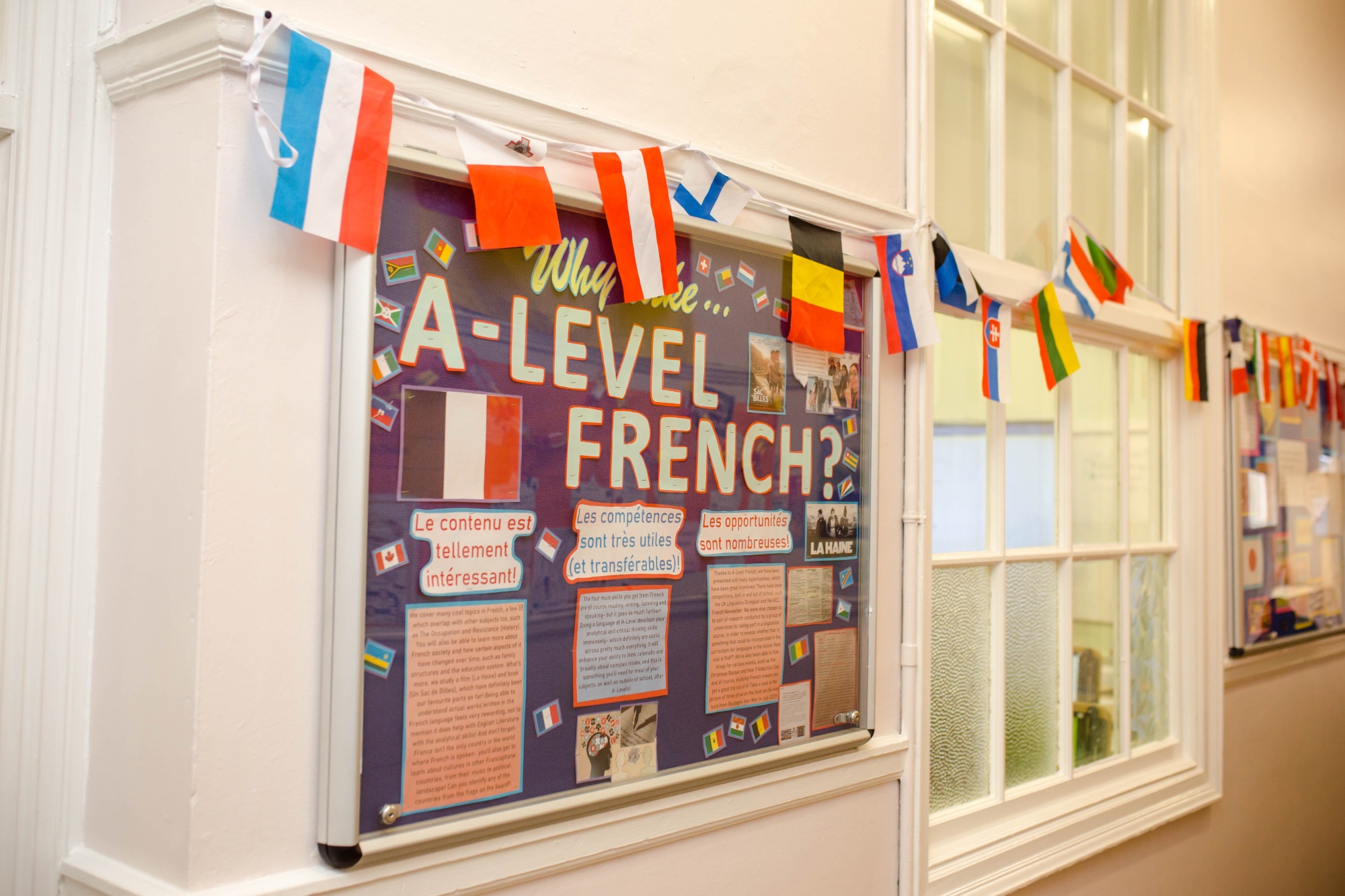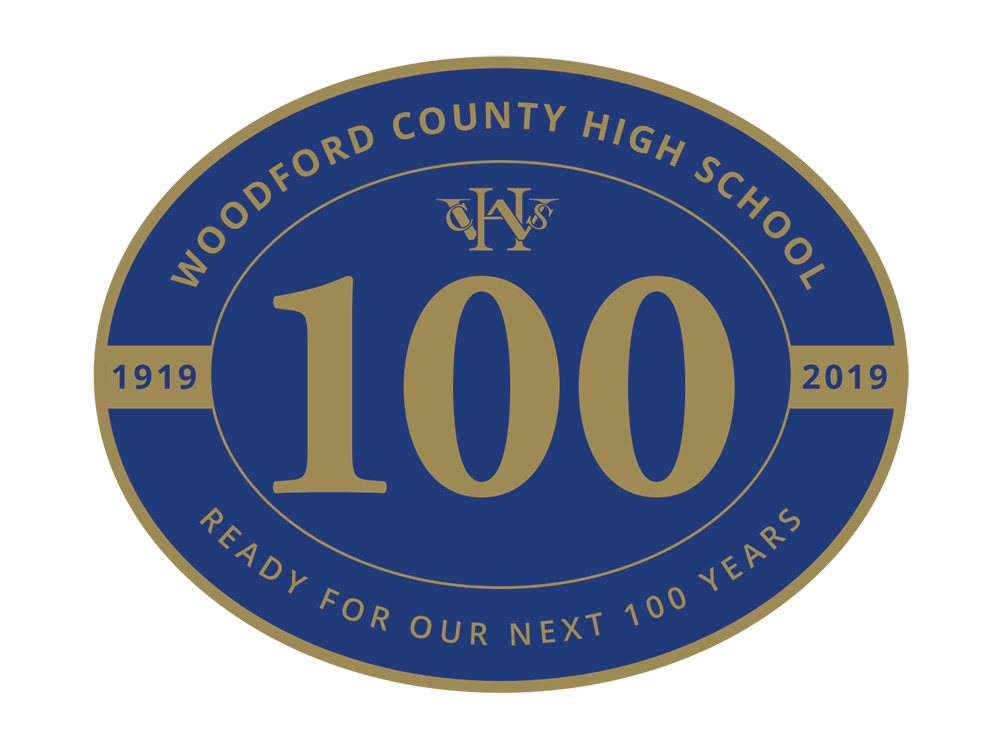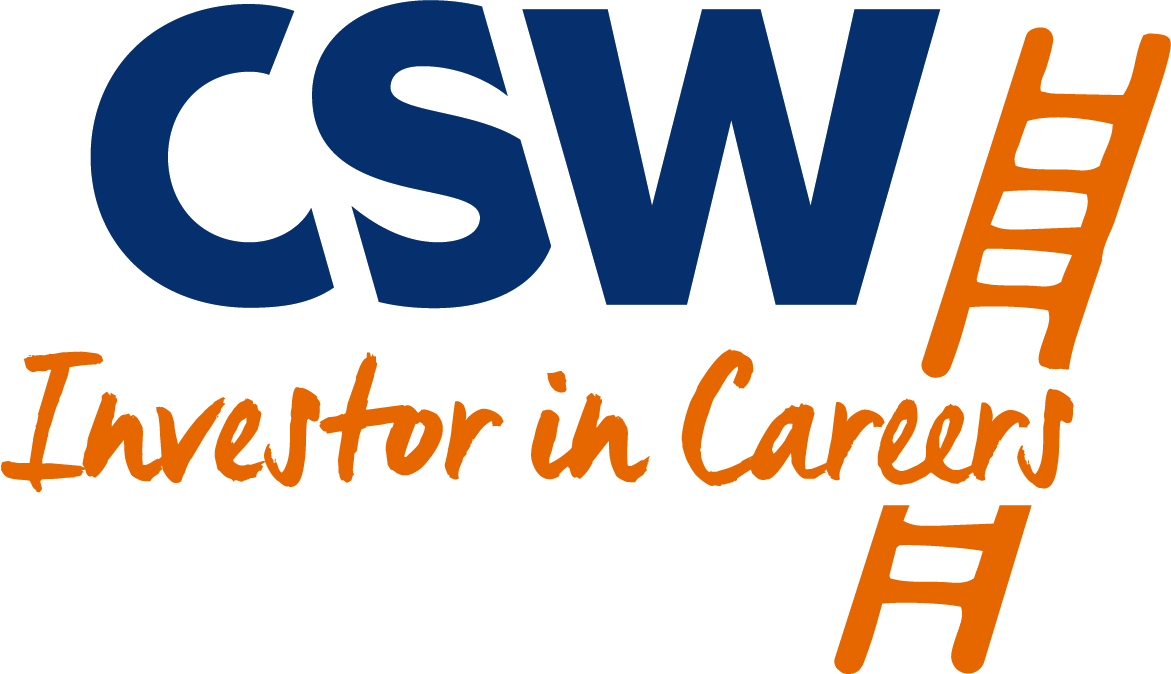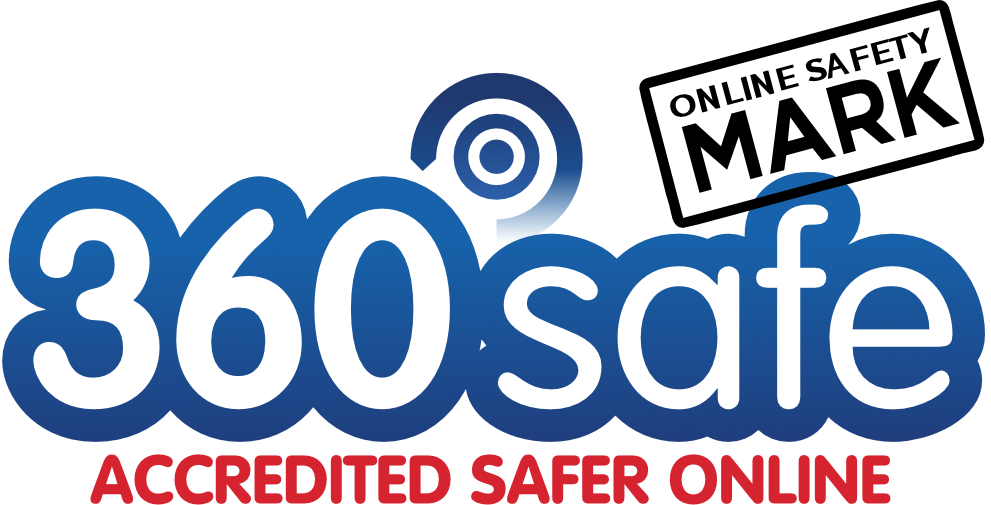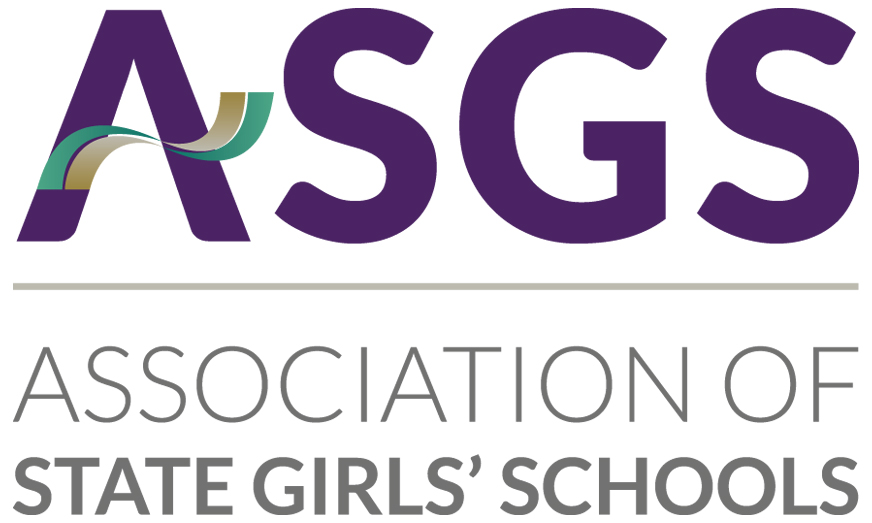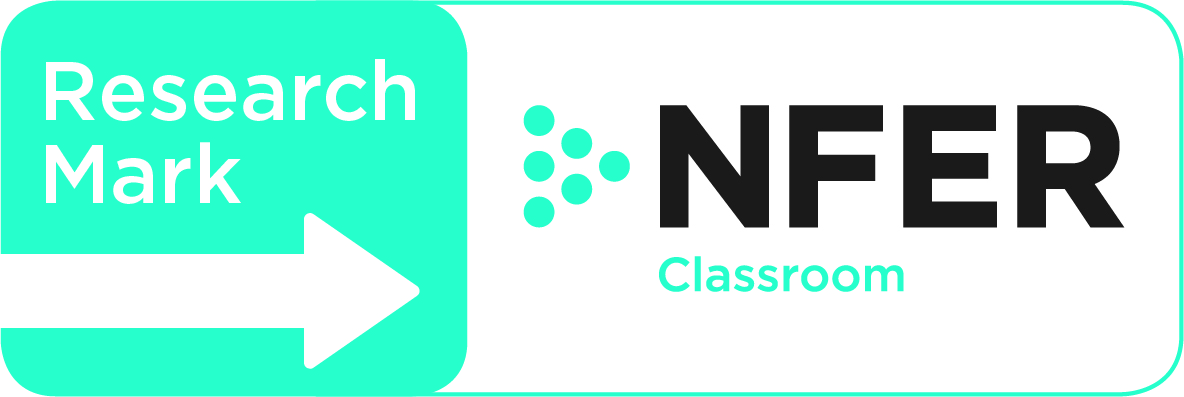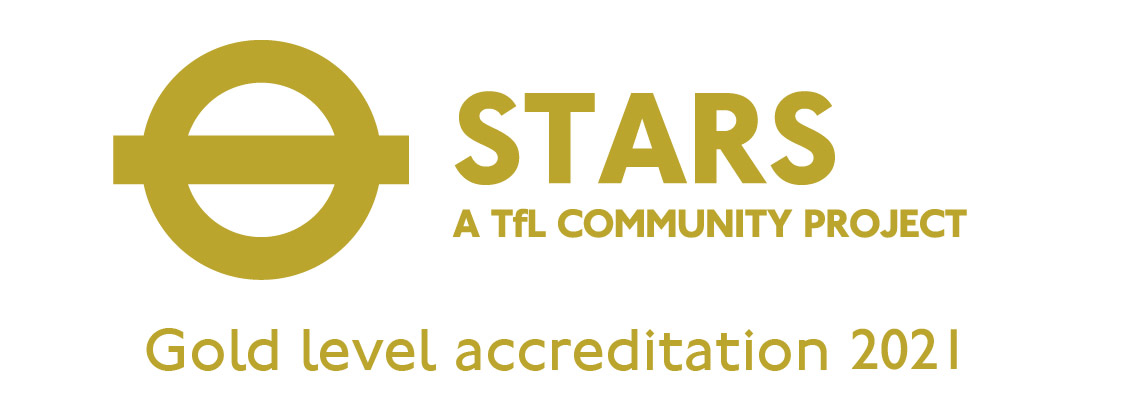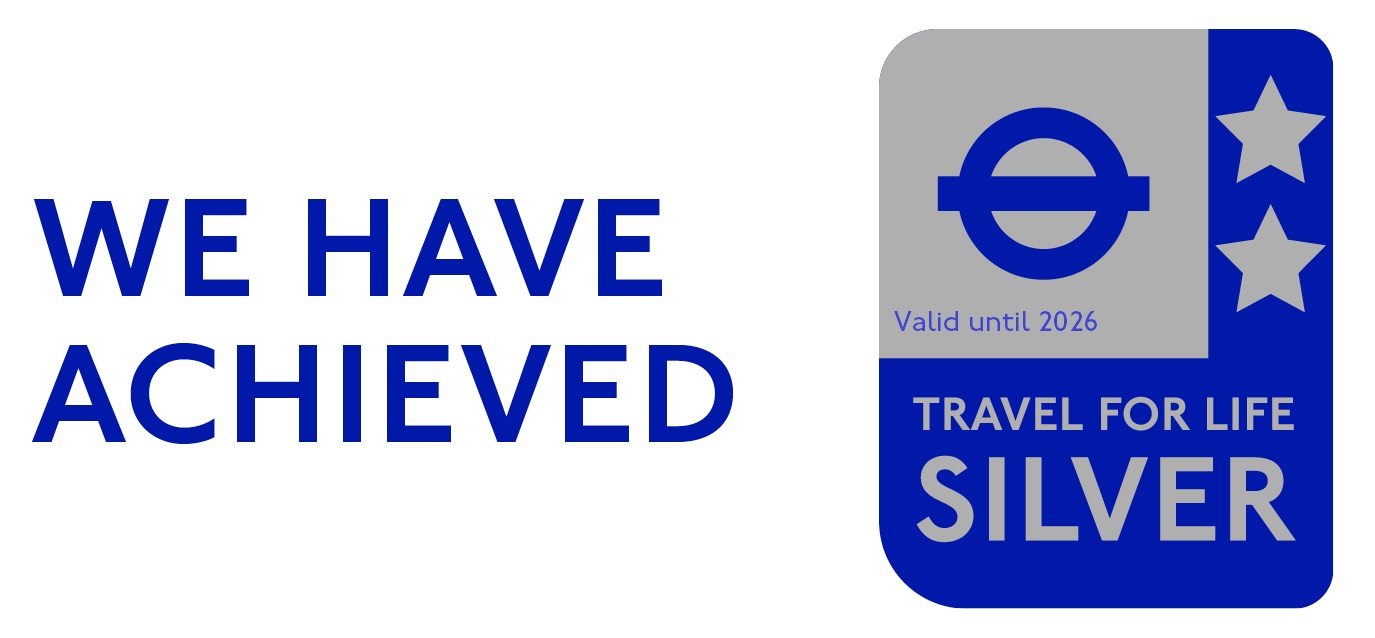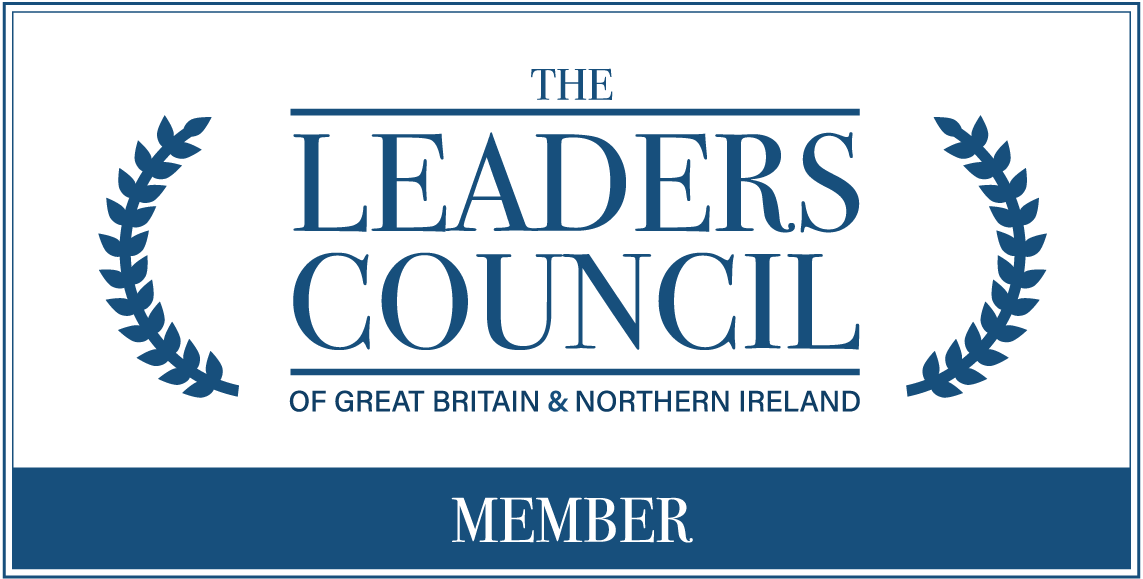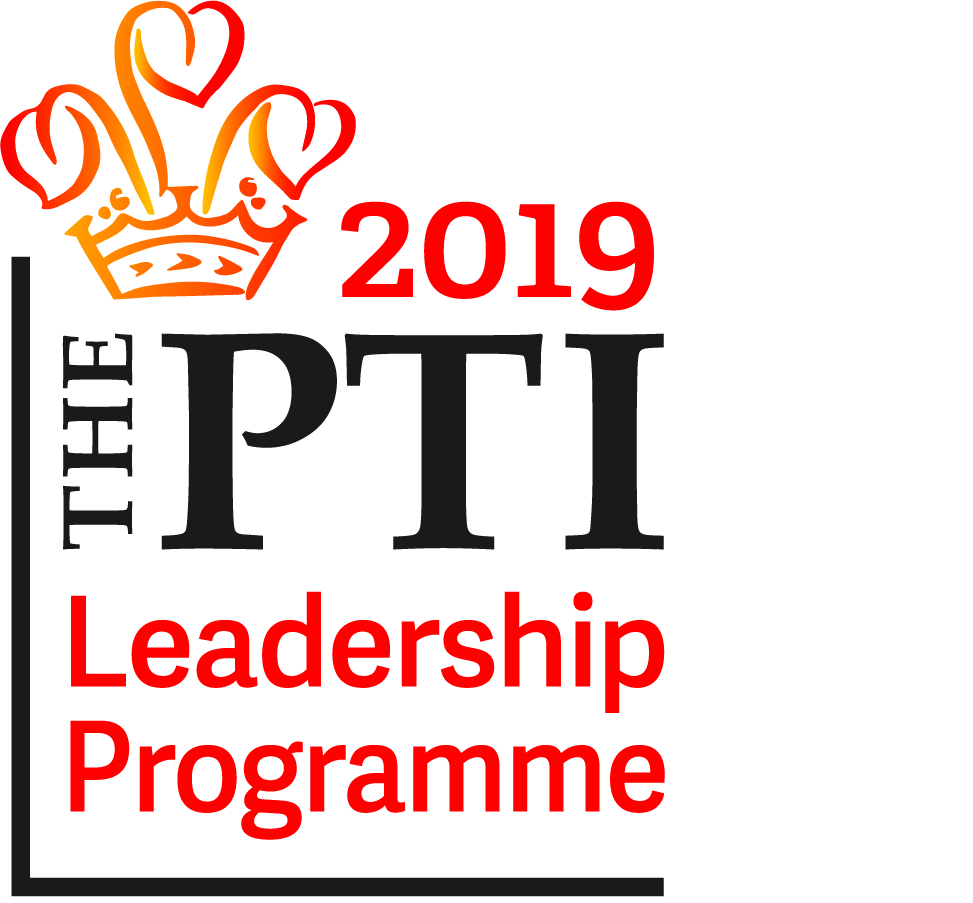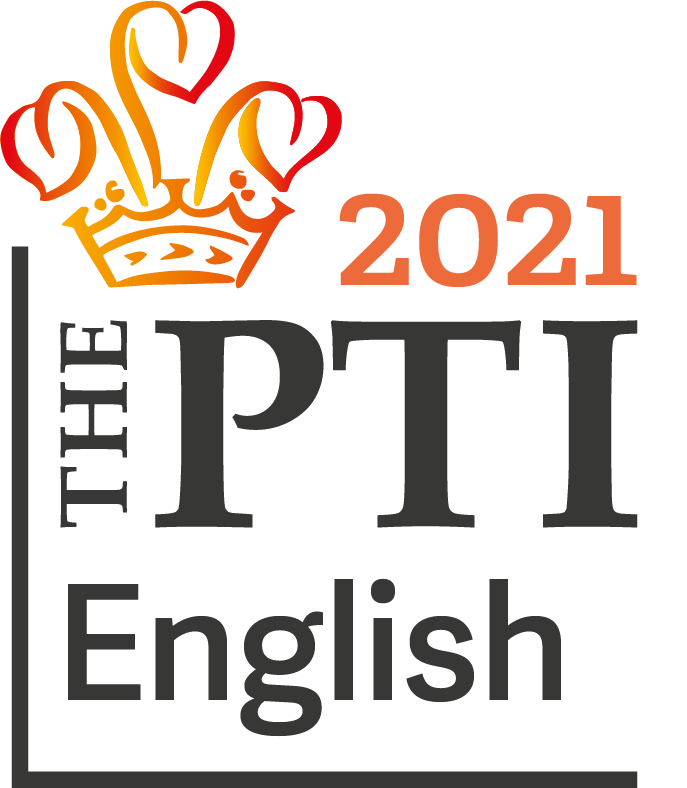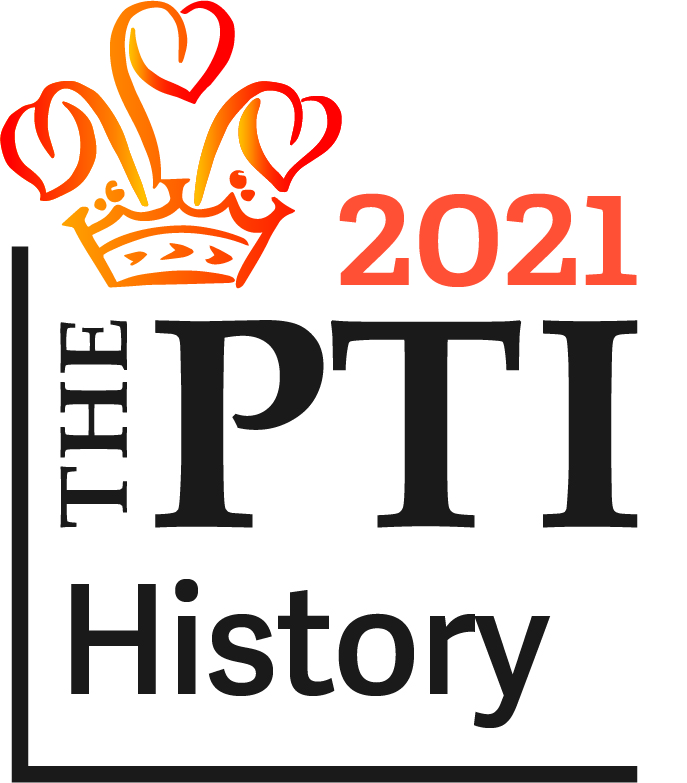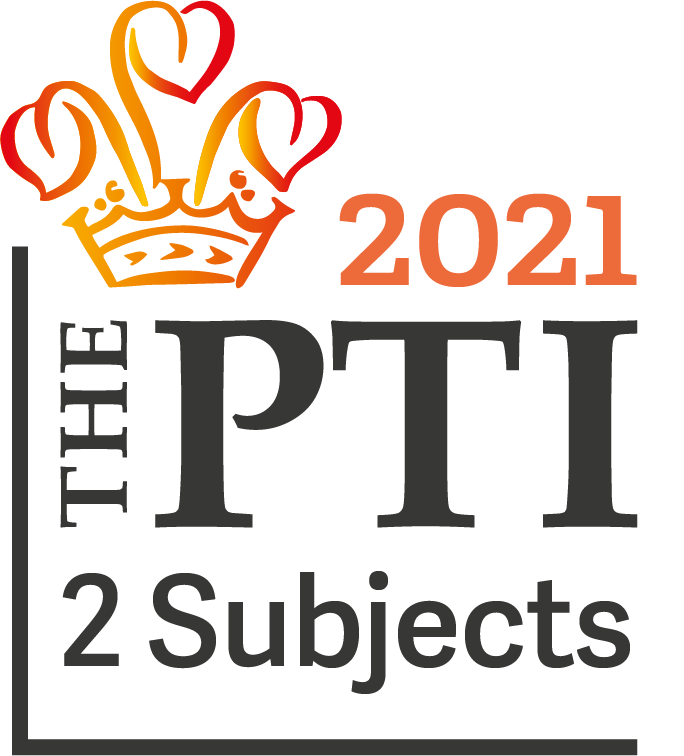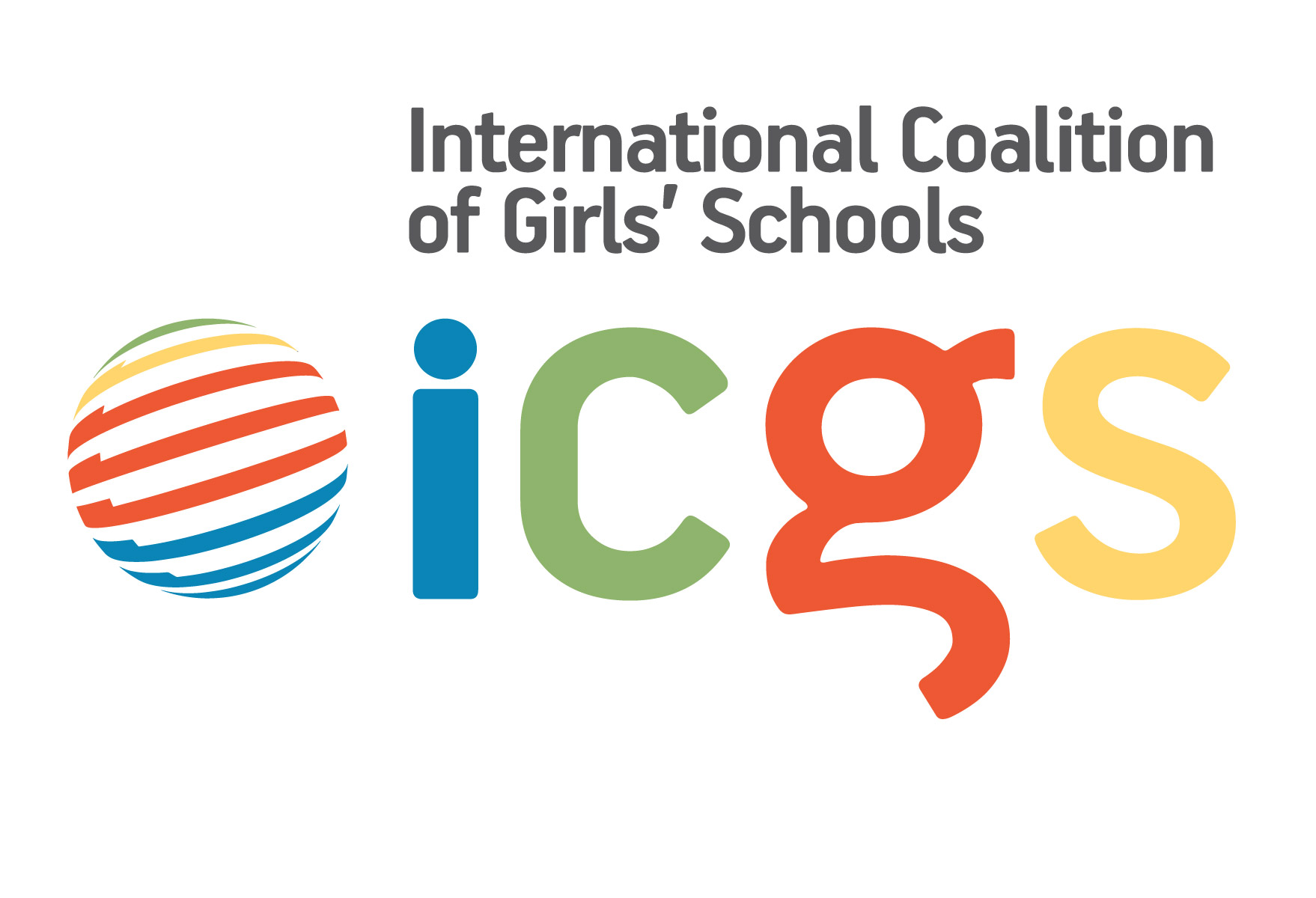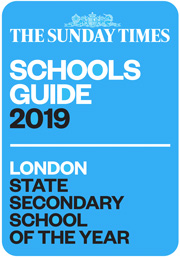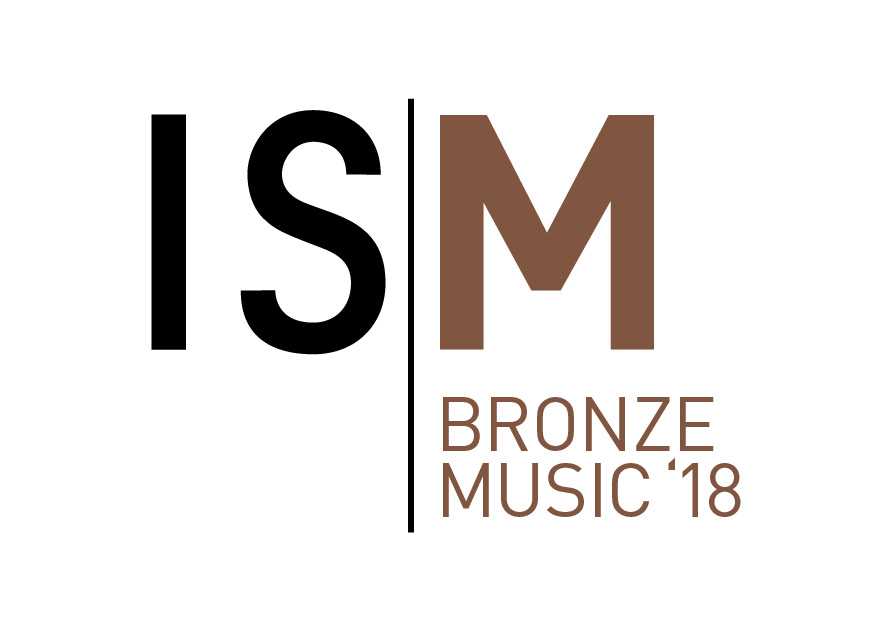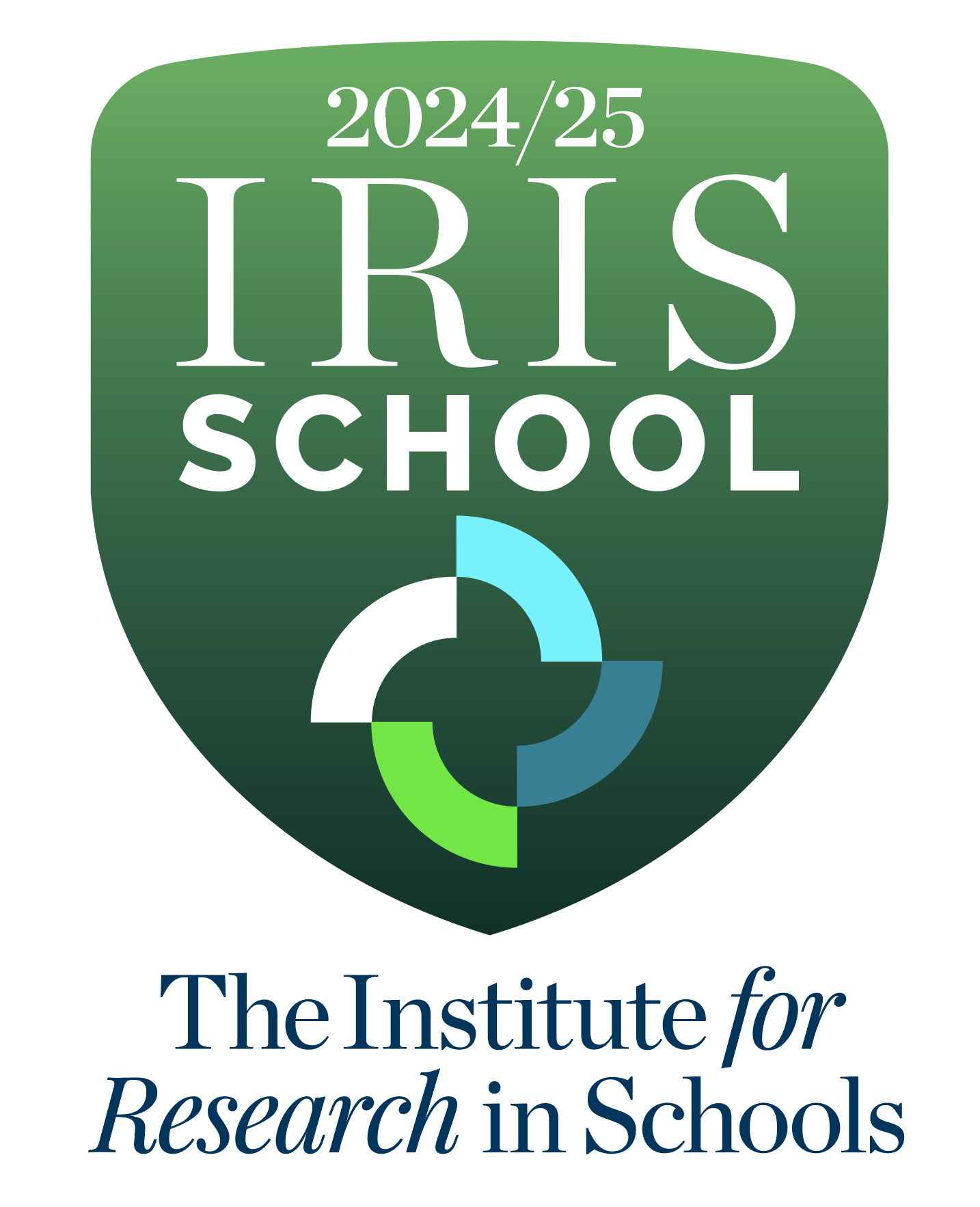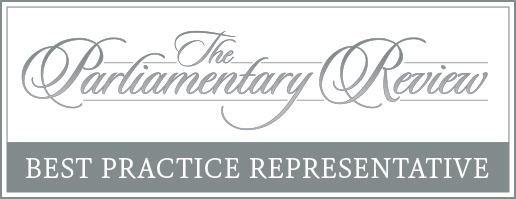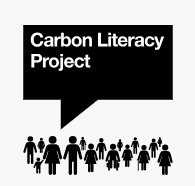Why Study Languages?
You will gain a lot from studying Languages. Not only does learning Languages give you the ability to speak the language, but it also helps you acquire a range of transferable skills that you will be able to use in other subjects. You will develop four key skills that are vital for any learning; listening, reading, speaking and writing. You will also acquire valuable skills that you will need in your future and which will make you a more rounded individual.
Languages make you stand out from the crowd and many top universities now require students to have a GCSE in Modern Foreign Languages. Students who have studied Languages at A-level are, in some cases, given preference.
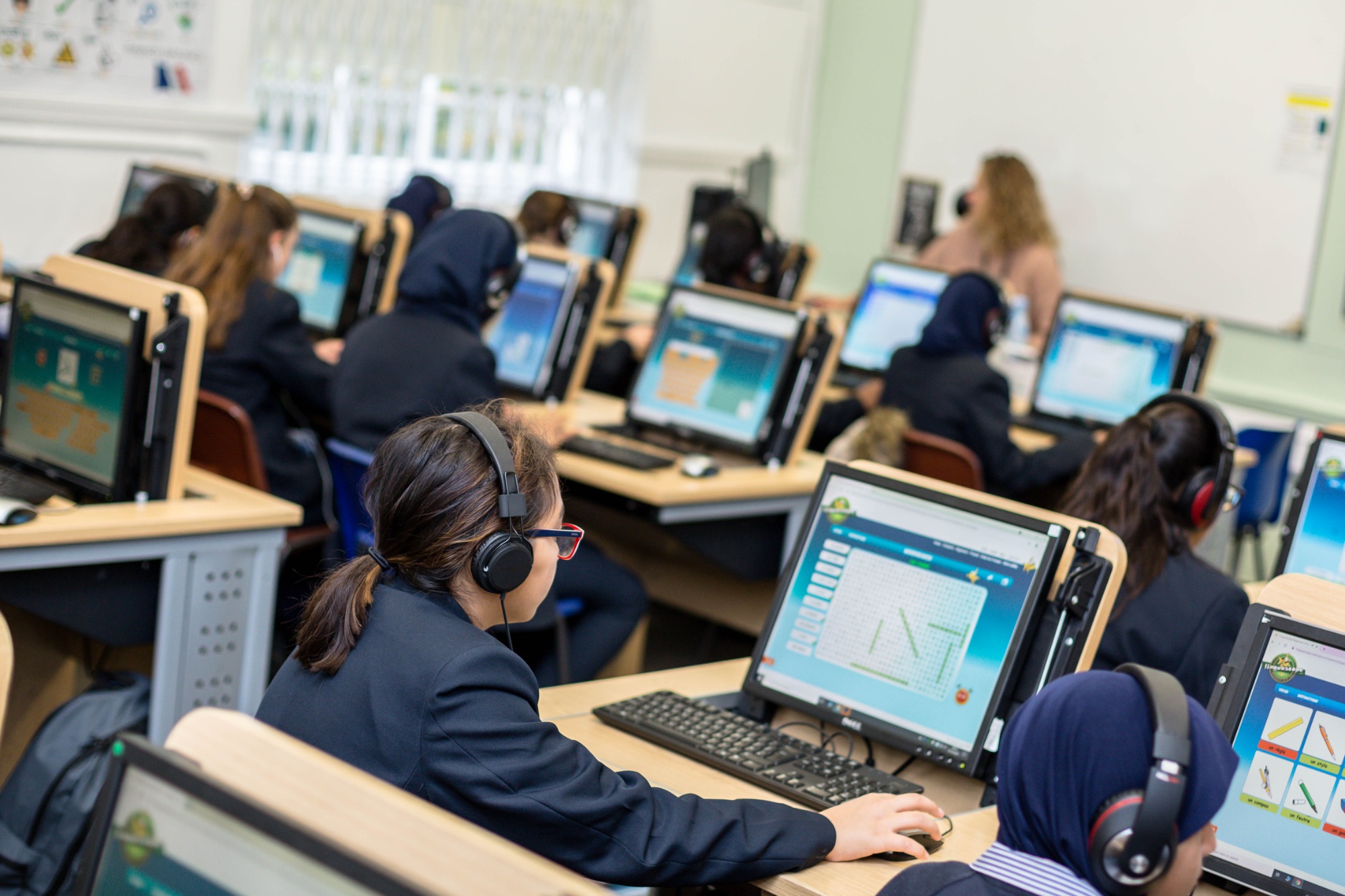
KS3: French and German
All students start with French in Year 7 and are given the opportunity to learn another language - German or Latin. They continue with both languages until the end of Year 9. Equal time is allocated to each language. At the end of year 9 pupils make a decision regarding their Language choices for GCSE.
Our aim is to encourage girls to acquire the knowledge and understanding that enables them to be creative with the language and to become independent learners. Through a wide range of topics and activities our students improve their understanding of grammar and hence develop their creativity and independence. Grammar plays a vital part in learning a language and our curriculum reflects our commitment to delivering a course that builds confidence in language use and enables girls to continue their Language studies further.
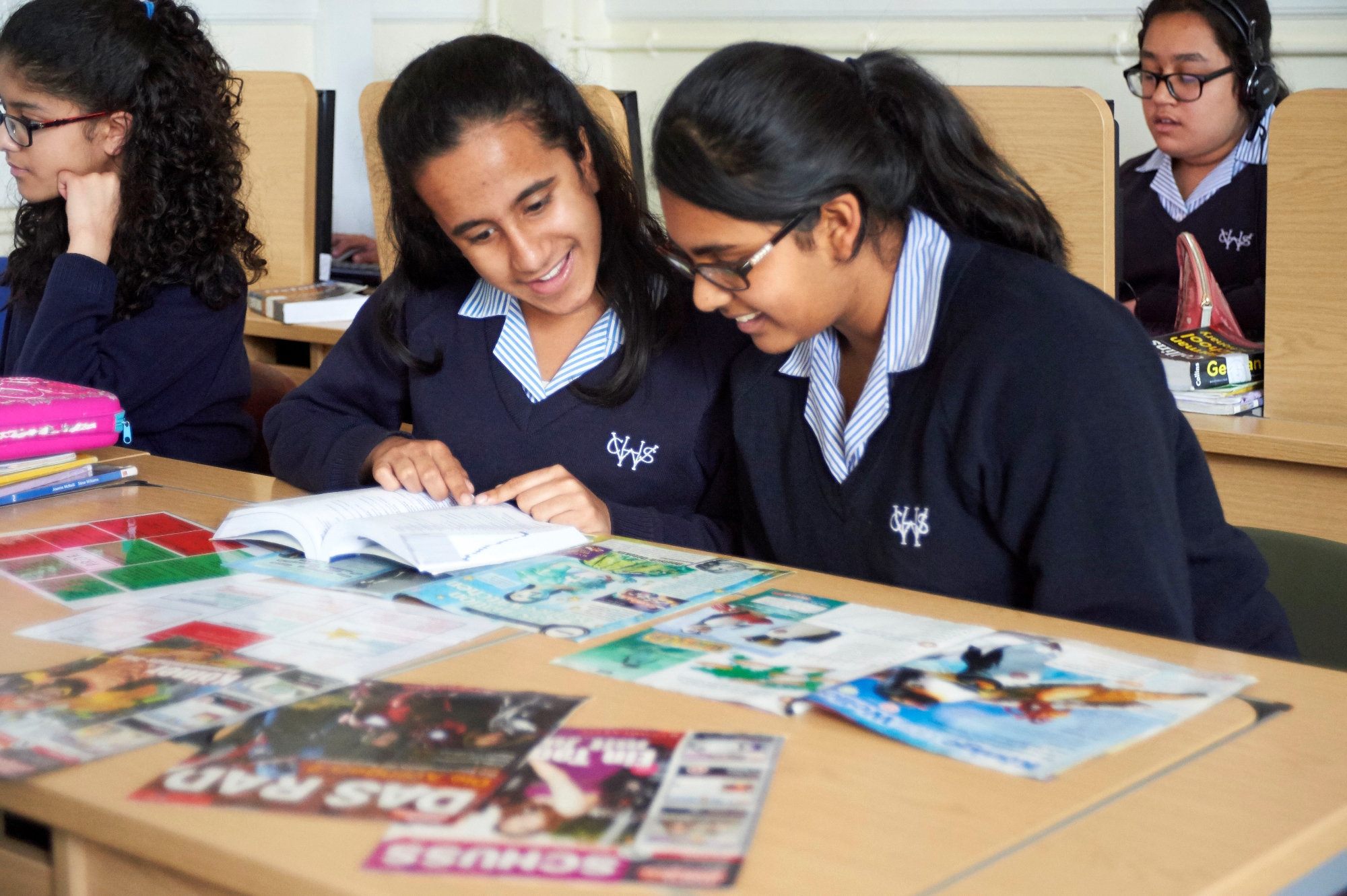
KS4: GCSE French and German (Edexcel)
Our aim is to encourage our students to acquire the understanding and knowledge that will take them beyond merely passing exams successfully. We take pride in enabling our pupils to become competent linguists and in giving them the opportunity and the confidence to continue successfully with their language studies at A-level.
A Modern Foreign Language is a compulsory part of our GCSE curriculum and pupils are given the opportunity to continue with two modern languages if they so wish.
This two-year course will enable the students to:
- develop the ability to listen to and understand spoken French and German in a range of contexts and a variety of styles
- communicate in speech for a variety of purposes
- read and respond to different types of written language and authentic literature texts.
- communicate in writing for a variety of purposes including translation.
- understand and apply a range of vocabulary and structures
- develop language learning and communication skills which can be applied broadly.
We cover a range of relevant and engaging topics: identity and culture, local area, holiday, travel, school, future aspirations, study and work and the international and global dimension.
The Edexcel GCSE in French and German consists of four units based on the following skills: speaking, listening, reading and writing. All skills are assessed at the end of the course and have a weighting of 25% each. Foundation and Higher tiers are available for all papers; however, entries cannot be mixed.
Writing and Speaking are internally assessed under controlled conditions and each represents 30% of the qualification. These units are not tiered.
At KS4 students are given plenty of opportunities to develop their speaking skills through regular meetings with our Language Assistants.
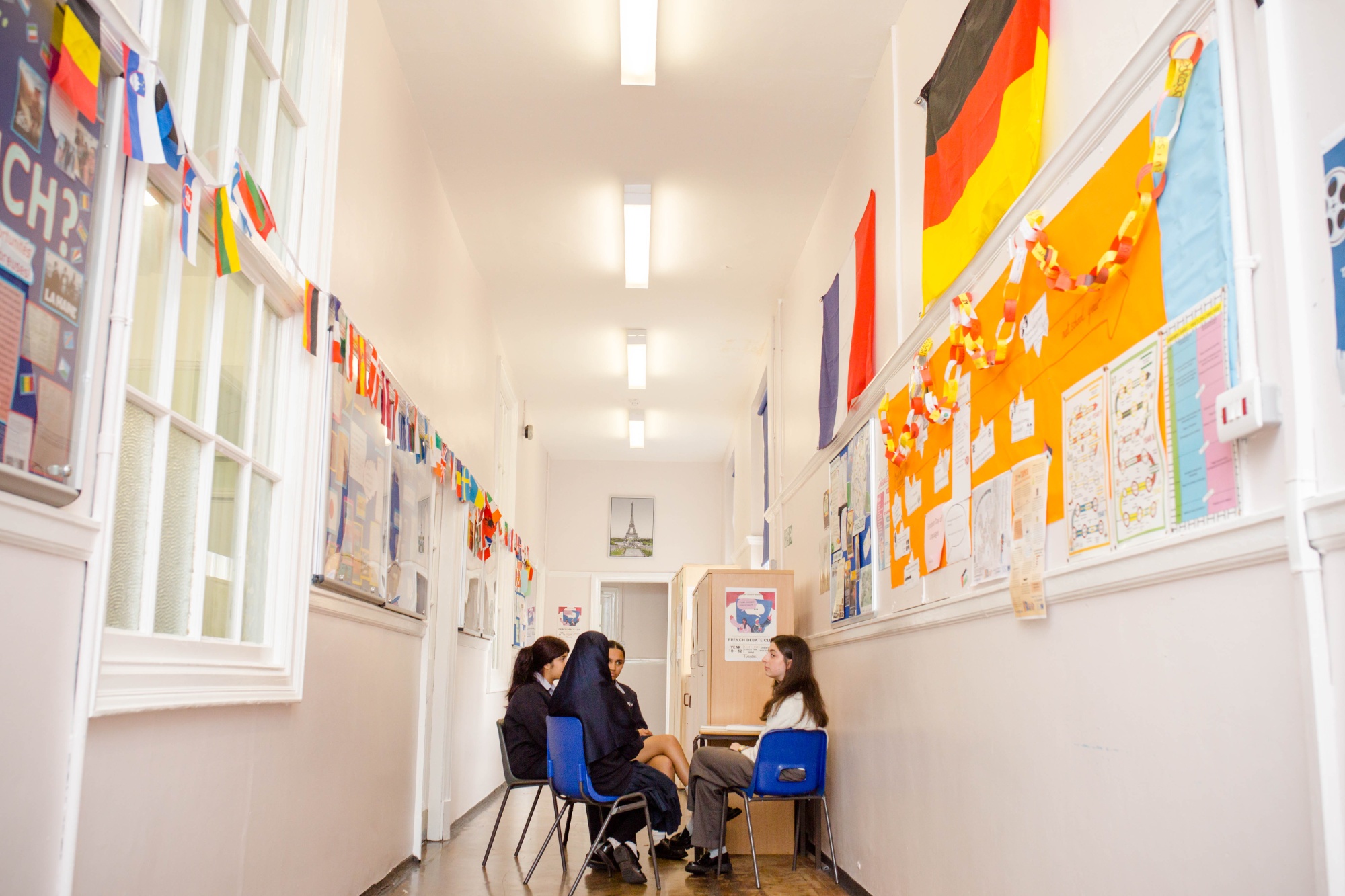
KS5: A Level French and German (Edexcel)
Take up of Languages at A-level is healthy and we are proud both of the results achieved and of the number of girls who go on to read Languages at University. We enable our students to become highly competent linguists and we provide them with the knowledge and the understanding to continue successfully with their language studies.
The A-level syllabus enables students to achieve greater fluency, accuracy and confidence in the language as it is spoken and written, thereby also improving their communication skills.
The Edexcel Advanced GCEs in French and in German aim to encourage students to
- develop an interest in, and enthusiasm for, language learning
- develop understanding of the language in a variety of contexts and genres
- communicate confidently, clearly and effectively in the language for a range of purposes
- develop awareness and understanding of the contemporary society, cultural background and heritage of countries or communities where the language is spoken
- consider their study of the language in a broader context.
Paper 1: LISTENING, READING AND TRANSLATION
Section A: A listening assessment based on a recording, featuring male and female French/German speakers. Students will respond to comprehension questions based on a variety of contexts and sources.
Section B: A reading assessment based on a variety of text-types and genres where students will have to respond to comprehension questions.
Section C: An unseen passage to be translated from French/German to English.
Paper 2: WRITTEN RESPONSE TO WORKS AND TRANSLATION
This paper includes a translation exercise and two essays on either two literary texts, or one literary text and one film.
Section A: Students translate an unseen passage from English into French/German.
Section B: Students must write an extended response on either one or two of the literary texts studied. Students select one question from a choice of two for each of their chosen literary text(s). If a student answers questions on two literary texts then they do not complete section C.
Section C: Students who answer only one question from a literary text in Section B must now write an extended response on one of the films studied. Students select one question from a choice of two for their chosen film.
Paper 3: SPEAKING
Students complete two tasks.
Task 1: Students discuss one Theme from the specification based on a stimulus containing two different statements.
Task 2: Students present a summary of the key findings of the written sources they have used for their research and answer questions on this. They then have a wider discussion on their research.
GERMAN THEMES - Papers 1 & 3
Social Development
1. The Environment
2. Education
3. The Working World
Political and Artistic Culture in German Spoken Regions
4. Music
5. Media
6. Festivals and Traditions
Immigration and the German Multicultural Society
1. Integration and Multiculturalism
2. The Economic and Social effects of Immigration
The Reunification of Germany
1. Society in the DDR before Reunification
2. Germany since Reunification
GERMAN THEMES - Paper 2
This paper draws on the study of two discrete German works: either two literary texts, or one literary text and one film.
FRENCH THEMES - Paper 1 & 3
Changes in French society
- Changes in families
- Changes in education
- Changes in the world of work
Political and artistic scene in French speaking countries
- Music
- Media
- Festivals and traditions
Immigration And Multiculturalism
- Integration and multiculturalism
- The rise of the extreme right
The Occupation and the Resistance
FRENCH THEMES - Paper 2
This paper draws on the study of two discrete French works: either two literary texts, or one literary text and one film.
We provide full-time Language Assistants in French and German and each girl is allocated a specific time to spend with them on a weekly basis.
Sixth Formers are also given plenty of opportunities to become involved in Languages activities to support younger learners. They invariably find this develops their linguistic skills further.
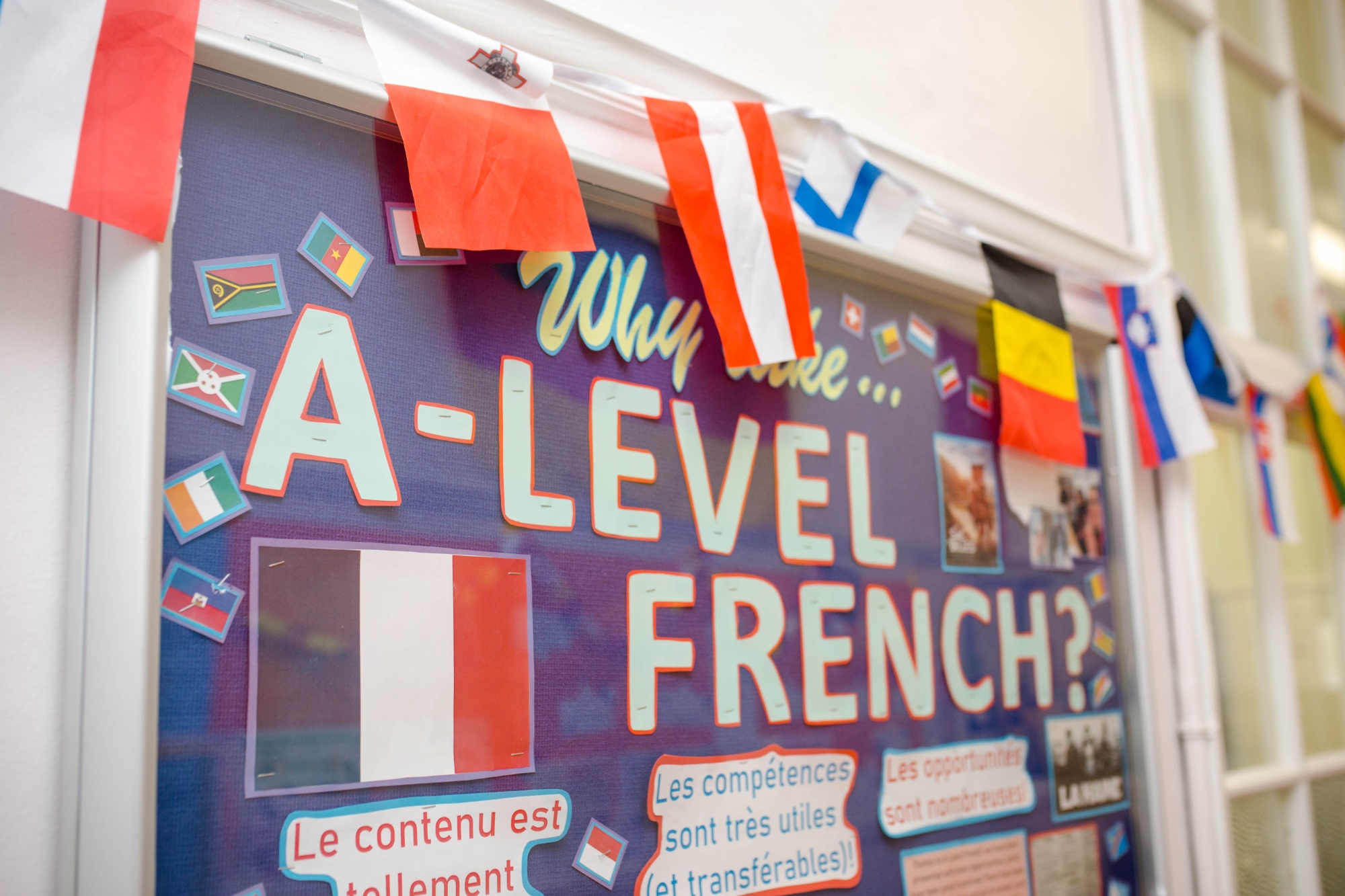
Enrichment Activities at Woodford

We are always keen to provide our students with a range of engaging and stimulating extra-curricular activities to help them develop their linguistic skills and to make learning languages an enjoyable and rewarding experience. We are committed to the broad development of our pupils and are always looking to develop new and exciting opportunities.
Visits abroad
All year 8 pupils spend a day in Boulogne, France. They learn about its history and spend time walking through the old streets, admiring the architecture and visiting local shops. The afternoon is spent in “Nausicaa”, the largest sea life centre in Europe.
Every year we aim to give students the opportunity to take part in visits abroad. In the past we have organised visits to St Malo, Troyes, and Paris. Other trips have taken students to Germany and to Italy.
Languages days and visits
Our students regularly attend study days in London. We usually offer the opportunity to our Sixth Formers to attend Languages conferences. In November 2011 we were pleased to attend the "Think German Careers Fair" at German House in Belgrave Square. Our students met representatives from the Goethe Institute and from a range of German companies and those with connections in German speaking Europe.
Cross-curricular projects and competitions
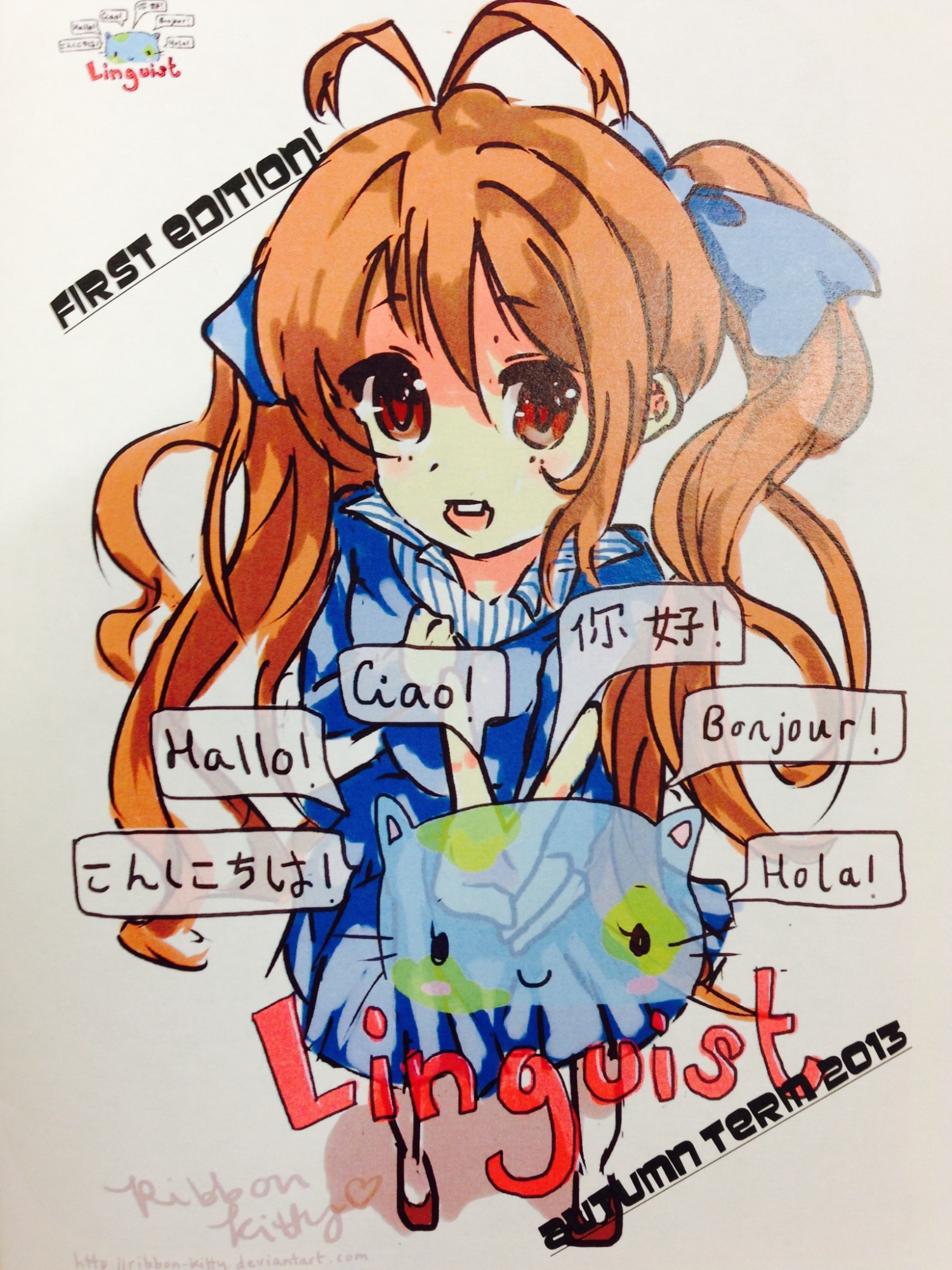
Our girls are currently working on exciting Olympics competitions.
Theatre visits
We take advantage of the proximity of London theatres and institutes by attending a range of plays and other events with German or French connections. The frequency of our visits varies according what is on where and when, but there are usually two or three excursions each term. Performances attended have included "Die Weisse Rose" (King’s College), the Schaubuhne Berlin production in German of "Hamlet" (The Barbican), Brecht's play "Fear and Misery in the Third Reich", "Danton's Death" by Georg Buchner, "Judgement Day" by Horvath, "Metamorphosis" by Franz Kafka, "Ring Round the Moon" by Jean Anouilh, "Rhinoceros" by Ionesco, "Waiting for Godot" by Samuel Becket and both "Tartuffe" and "Le Malade Imaginaire" by Moliere
Languages Plays
Every year we are fortunate to be able to invite a theatre company to come and perform for our students in French and in German. The performances are very entertaining and provide valuable experience of French and German in a fresh context.
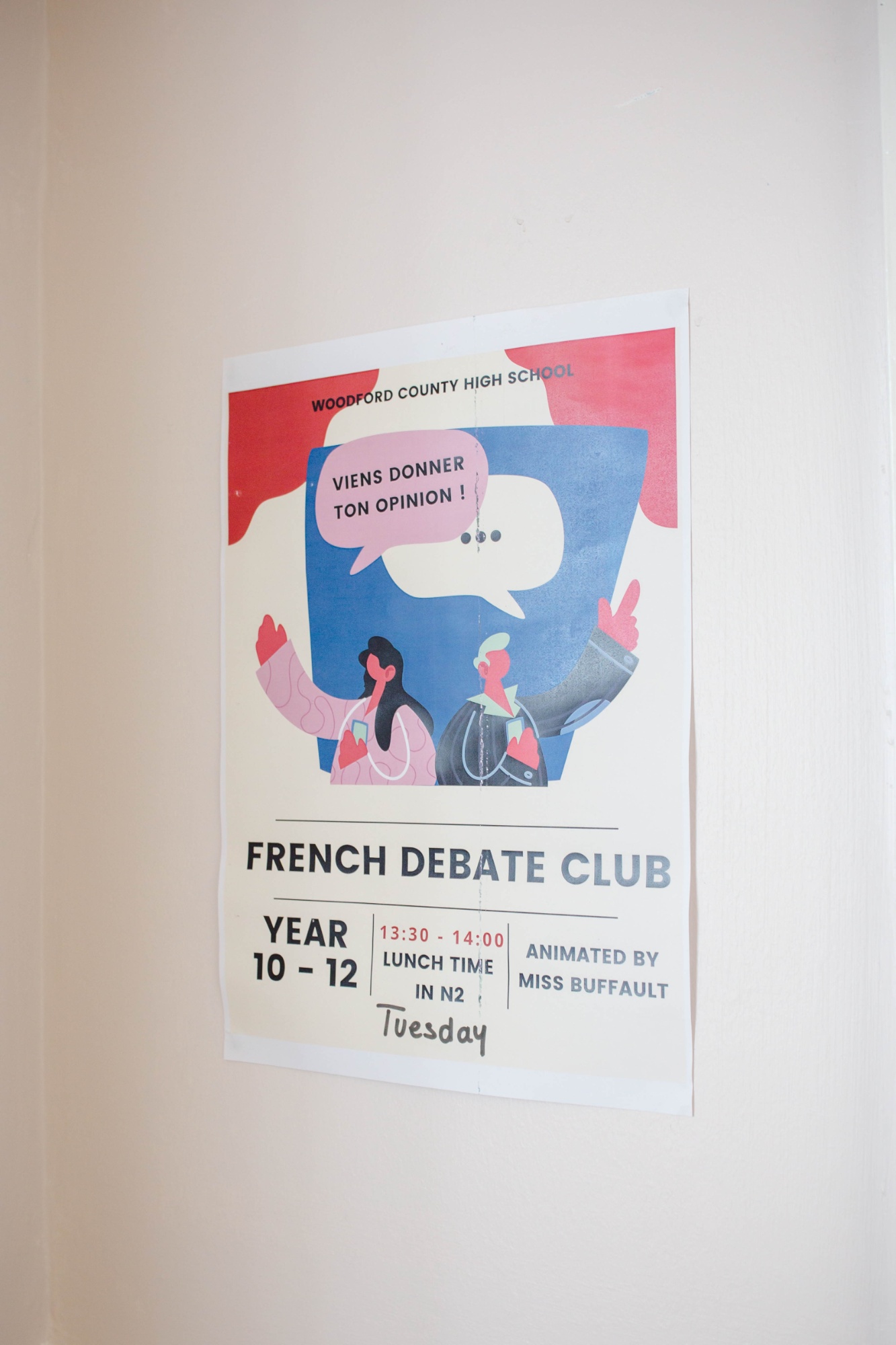 Clubs
Clubs
A Languages Club is offered by our Sixth Formers and everyone is welcome to join.
The school provides full-time Languages Assistants who primarily work with GCSE and A-level students but they also run lunchtime sessions for our younger girls.
Performing
Our girls love performing and we aim to give them opportunities to use their linguistic skills through singing and acting.
Community languages
We celebrate and embrace the abundance of languages spoken by our pupils. In Year 8, each term, girls are given the opportunity to teach their Forms their home languages. Girls volunteer to take part and plan a series of sessions to teach their friends the language they speak. Each term we have a range of languages and the girls really enjoy the experience and the variety of activities and games.
Each year we also take part in a borough competition, Teach A Friend A Language, organised by a local school. We have also in the past organised our own Languages competition for which girls were asked to teach a friend or a teacher the language they speak at home.
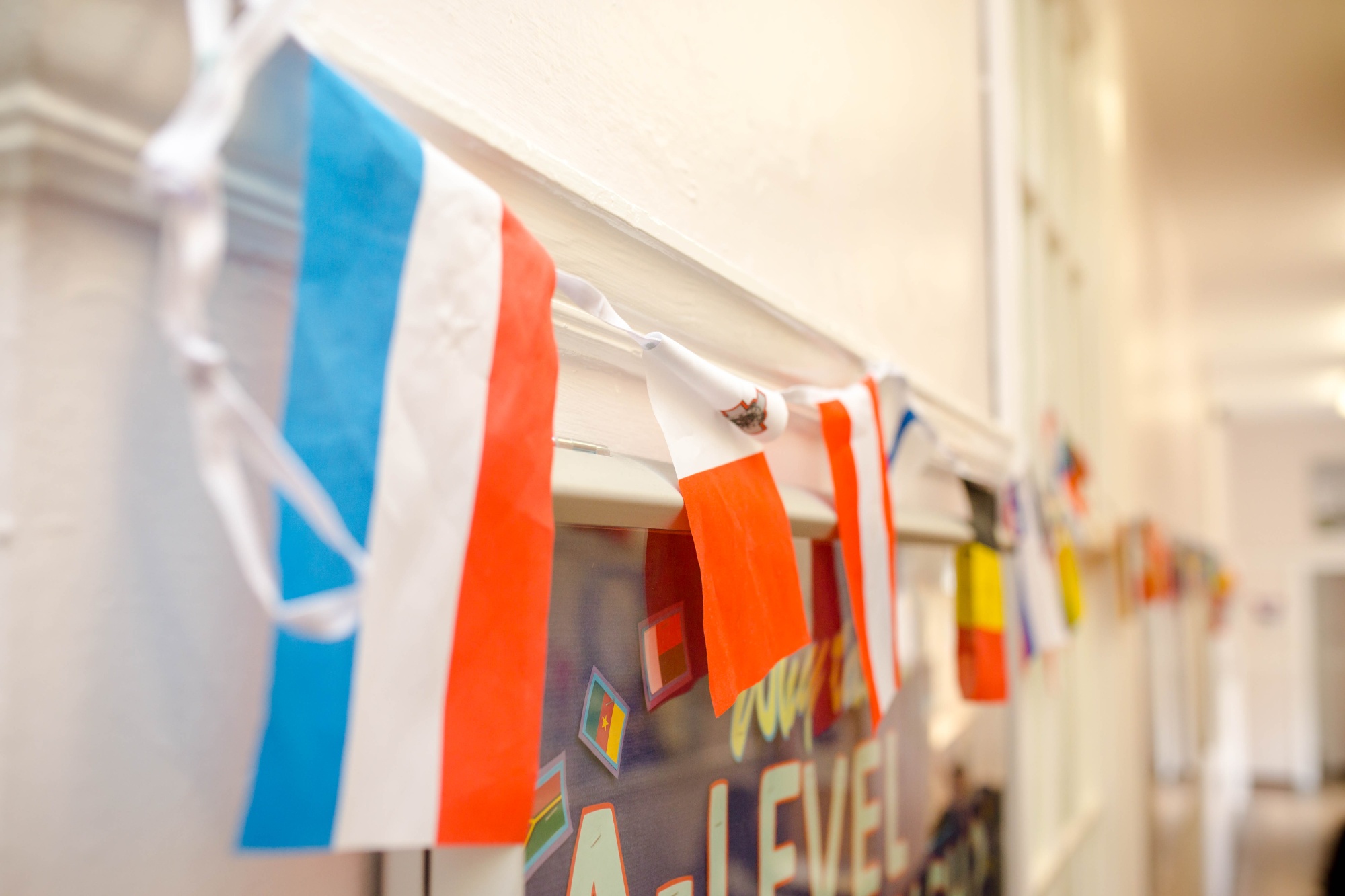

Future Pathways
The study of Languages will open many doors to you and will make you stand out from the crowd. Some top universities now require students to have a GCSE in Modern Foreign Languages. Students who have studied Languages at A-level may, in some instances, be given preference. The skills that are acquired through language learning are invaluable and certainly much sought after by employers.
Recommended Reading
Recommended reading is contained within the Word document attached below.










